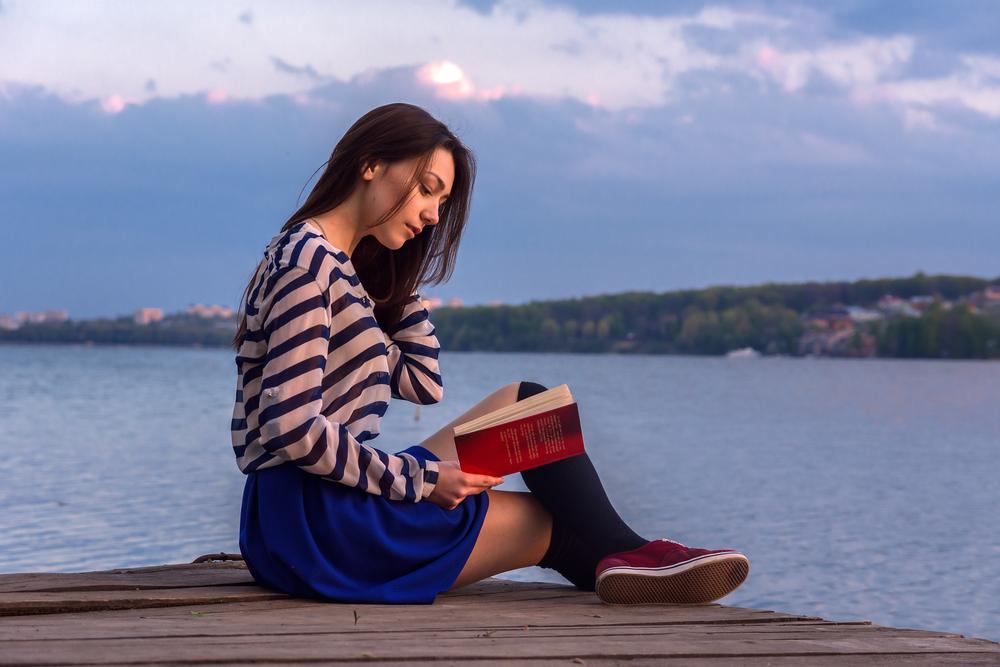So there I was at the Outer Banks of North Carolina late this summer, ensconced like a prince in the house of my friend’s brother. The weather was muggy but clear, the food and the conversation plentiful and nutritious, the pace of life slow and sweet. For four days, I went nowhere outdoors but the beach, the front porch, the patio, the swimming pool, and an outdoor shower, and never once put on a mask, which for me was a pandemic record. The online sites I daily visit were abuzz with news, but these pieces, most of them unread by me, were no more a pest than the yappy little dog next door.
Life for a change seemed as bright as a tidewater sun.






